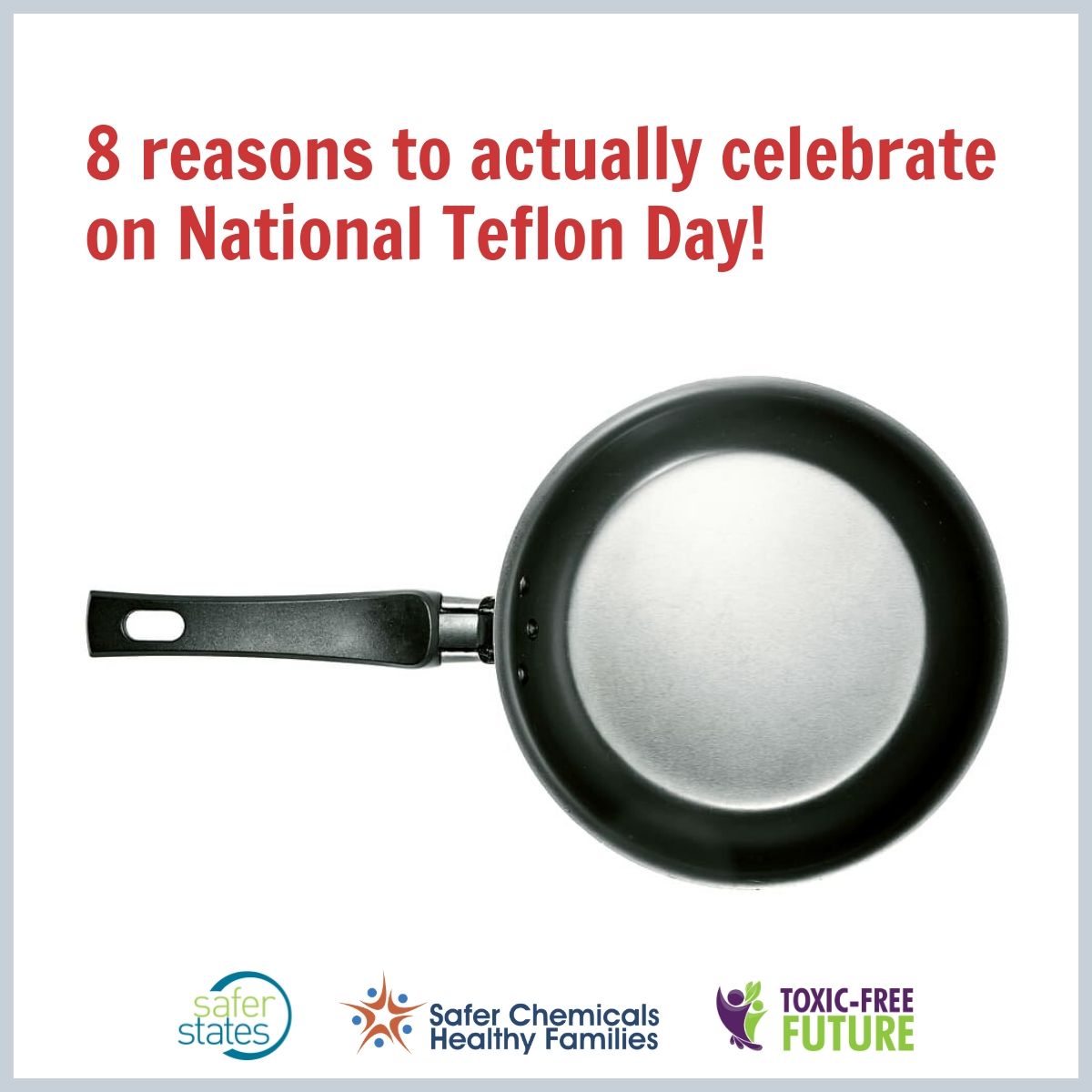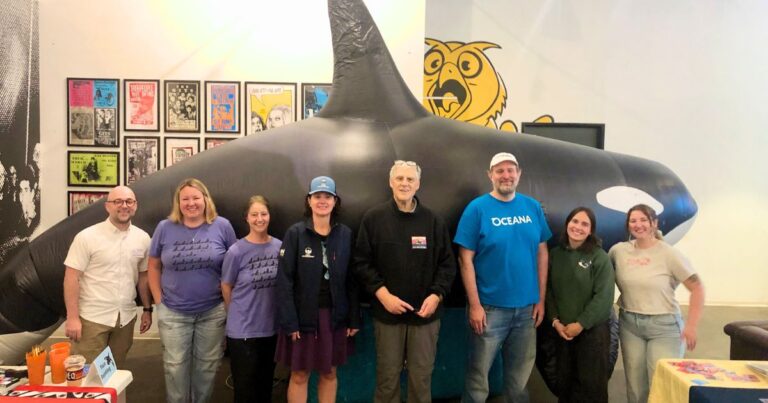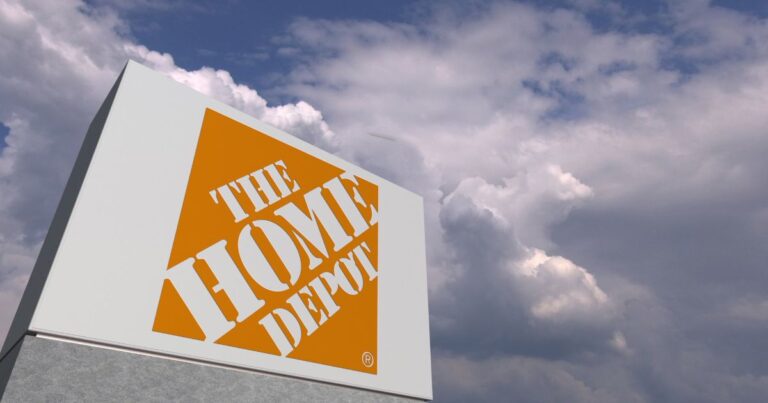Today is National Teflon Day—but that is NOT cause for celebration. It is one of the worst “holidays” we can imagine because it’s the anniversary of the accidental invention of the first non-stick chemical that would eventually become Teflon in 1938. Since then, chemical companies have invented many other chemicals in the same class—per- and poly-fluoroalkyl substances (PFAS). And these chemicals, which are used for stain, grease, and water resistance, have gone on the market with little to no testing, ending up in everyday products and contaminating our food, air, water, and bodies. Scientists have found links between PFAS chemicals and health problems such as cancer, hormone disruption, and harm to the immune system. Some PFAS never break down in the environment, leading scientists to call them “forever chemicals.”
BUT THERE’S GOOD NEWS TO CELEBRATE!
Although the Trump administration has fallen down on the job of protecting us from PFAS, public health advocates have worked alongside Congress, states, cities, and retailers to pick up the baton and run with it. And we’re making good progress!
So here are your eight reasons to SMILE on National Teflon Day.
-
Washington, Maine, San Francisco, CA and Berkeley, CA have adopted bans on PFAS in food packaging. PFAS are used in some paper food packaging to make it resistant to grease and water seeping through. Testing has found these chemicals in fast-food packaging, grocery store takeout containers, and other food packaging such as microwave popcorn bags. Even worse, the toxic exposures don’t end once we discard the packages. Once it’s used, the packaging goes to the garbage or into municipal compost. Either way, PFAS chemicals from a discarded bowl, wrapper, or bag can make their way back to people through drinking water and food crops. That’s why it’s so exciting that states and cities are starting to take action to protect their residents! Washington passed the first state measure to restrict PFAS in paper food packaging in 2018, and Maine passed restrictions on PFAS and phthalates in food packaging in 2019. As of January 2020, bans in San Francisco and Berkeley have gone into effect. Now, several other states are considering legislation to ban PFAS in food packaging (see the Safer States Bill Tracker for more information).
-
Restaurants Sweetgreen, Chipotle, and Taco Bell and grocer Ahold Delhaize have pledged to remove PFAS from their food packaging across the country. Even in states and localities where no restriction exists, the restaurants have pledged to start serving their food in packaging without PFAS, and Ahold Delhaize has vowed to make all store-brand packaging PFAS-free at all its U.S. stores, including Food Lion, Giant, Hannaford, Martin’s, and Stop & Shop. Other top food retailers, including Whole Foods, Trader Joe’s, Albertsons, and Panera Bread, have also pledged to take some initial steps on PFAS in packaging. These commitments all followed our Mind the Store campaign urging grocery stores and restaurants to remove PFAS from packaging.
-
Many composting facilities no longer accept food packaging with PFAS. Keeping PFAS out of compost is super important because some compost is used on food crops. A study published last year found much higher levels of PFAS in compost from facilities that accepted food packaging. But that should start to change soon! The Biodegradable Products Institute certifies which products are compostable—and as of January 1, 2020, the institute will no longer certify food ware if it contains more than 100 parts per million fluorine (an indicator of PFAS content).
-
Eight states – California, Colorado, Connecticut, Minnesota, North Carolina, New Hampshire, New Jersey, and Vermont – have established rules regarding PFAS in water to protect the public. Millions of Americans are drinking PFAS-contaminated water—with more contaminated water sources discovered all the time. And the federal government isn’t doing much to protect them. The EPA has set a guideline for how much PFAS is acceptable in water, but it’s not enforceable, and many scientists, including those at the CDC’s Agency for Toxic Substances and Disease Registry, say it is way too high. So, states are taking matters into their own hands.
- Colorado, New Hampshire, New York, and Washington have banned the use of PFAS in aqueous firefighting foam. Why firefighting foam? This is actually what has created much of the PFAS contamination found in drinking water. PFAS has been used in firefighting foam for decades—not only for fighting actual fires but also over and over again in training exercises. Then the foam washes away into groundwater and surface water. Now, millions of Americans are drinking contaminated water. PFAS-free foam is safer, effective for military use, and used around the world. Washington even made its law stronger by ending a number of exemptions.
- Congress has begun to take action on PFAS. In response to our coalition’s campaign, Congress passed a final 2020 National Defense Authorization Act (NDAA) that included several important provisions that begin to take action on the PFAS contamination crisis, including a phase-out of the military’s use of firefighting foam containing PFAS.
- In response to our Mind the Store campaign, The Home Depot and Lowe’s have banned PFAS from residential carpet and rugs they sell. For many decades, PFAS have been added to carpet to make it stain-resistant, proudly displaying labels such as Stainmaster. Once PFAS enters a home or business in carpet, it can end up in dust, which is inhaled and ingested by adults and children alike through normal hand-to-mouth activity. Now, retailers are waking up to the PFAS crisis and starting to carry safer alternatives instead! Last fall, The Home Depot and Lowe’s both announced they would stop selling carpet and rugs containing PFAS by January 2020.
- Washington and California are moving forward with addressing PFAS in carpet and other products under their safer products laws. Washington’s law was established only in the last year and is the nation’s strongest policy for regulating toxic chemicals in consumer products.





